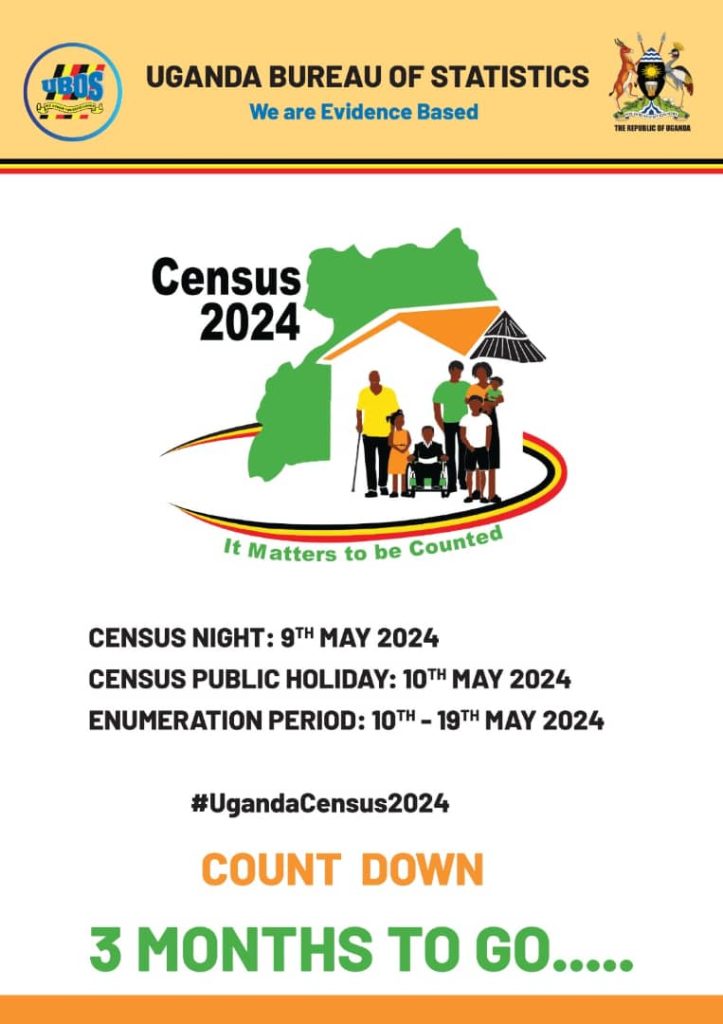Security agencies in Uganda have launched investigations into multiple reports indicating that a couple of Ugandan media practitioners are being targeted for writing or publishing information deemed detrimental to neighboring Rwanda.
Reports obtained by this website suggest that so far three journalists have been placed on radar by Rwanda and are being monitored on who they talk to and meet while they execute their duties of informing the public.
The potential targets include a pair that runs popular online media outlets while the third one works with local newspaper.
According to information obtained one of the online publication which is accused of publishing harmful content was blocked in Rwanda.
The publication has for long been labeled pro-government because of its ‘alleged’ connection with the first family.
Officials in Kigali have openly referred to the two online publications as regime outlets used in peddling propaganda against Kagame’s establishment.
Sometime last year, one of the websites published an intelligence brief claiming Rwanda had hatched a plot to eliminate Ugandan officials and journalists while the second one broke news of fresh simmering relations between Kampala and Kigali.
The third journalist reporting for the local newspaper is accused of interviewing Rwandans who are branded enemies of their home government.
In the recent past, this newspaper published powerful interviews of Rwandans who fell out with Mr. Kagame something that has since raised dust in Kigali.
Through its media outlet The New Times, Rwanda has blamed Ugandan media of unprofessionalism and running State propaganda.
TrumpetNews withheld names of the three journalists as we couldn’t independently verify the information. But we are digging deep to establish the truth.
Rwanda is popularly known for censoring the press especially media houses and journalists deemed critical of its government.
In 2011, a Rwandan journalist Charles Ingabire who lived in Uganda as a political refugee was killed in Nankulabye, a Kampala suburb.
Information indicated that he constantly received death threats from his country Rwanda.
Days after his execution, President Paul Kagame rubbished suggestions that his government eliminated Ingabire.



